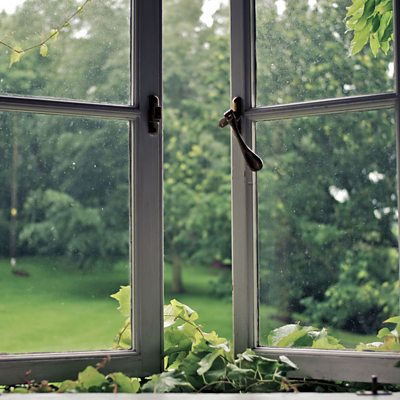Episode details

Available for over a year
About ten years ago a young Muslim woman called Abeer Amir came on a mindfulness course I taught at the Cardiff Buddhist Centre. She wore a hijab, worked as a dentist and was very quiet. One part of the course particularly struck Abeer. Having learned to settle the mind and tune in to the body, we ask people to turn towards difficult aspects of their experience. The principle, which Buddhist thought shares with cognitive psychology, is that, behind problems like stress, anxiety or anger, are often unaddressed feelings of pain or upset. Healing comes when we allow ourselves to turn towards those feelings and experience their emotional truth. Abeer came on more courses and told me she’d started creative writing classes. She’d never written before but, as she turned towards the shadows in her past, poems poured out. A couple of years ago she gave me her first collection. It explores her family’s suffering in Iraq and her own life as a refugee. The strongest poems evoke both the beauty of ordinary life and the terrible impact of Sadaam Hussain’s dictatorship, calmly, without anger or rhetoric. This was around the time of the October 7 attacks in Israel, and I told Abeer that as a person of Jewish descent, I felt I’d been attacked myself. For the last two years I’ve barely been able to follow events in Gaza. They were too upsetting. Meanwhile, Abeer wrote poem after poem about the war, often describing casualties with her characteristic calm, reinforcing her message with understatement and irony. This week, one of these poems, entitled ‘At Least’, was named Best Single Poem in the Forward Poetry prize, the UK’s leading poetry award. It ends: at least/ now they’re just waiting/ for a proper burial/ at least/ at least/ it’s over now/ at least/ for the dead/ at least/ these children/ don’t need to fear the dark/ at least/ not anymore/ Whatever our political position, we cannot deny the pain the Gaza War has brought. But when people identify more closely to one side, it can be hard to understand the other’s suffering. As a Buddhist, I believe our humanity calls us to turn towards the whole truth, however hard that may be. Abeer’s journey has shown me the grandeur that lies in the quietest person and that power that’s unleashed when we face the truth without flinching.
Programme Website